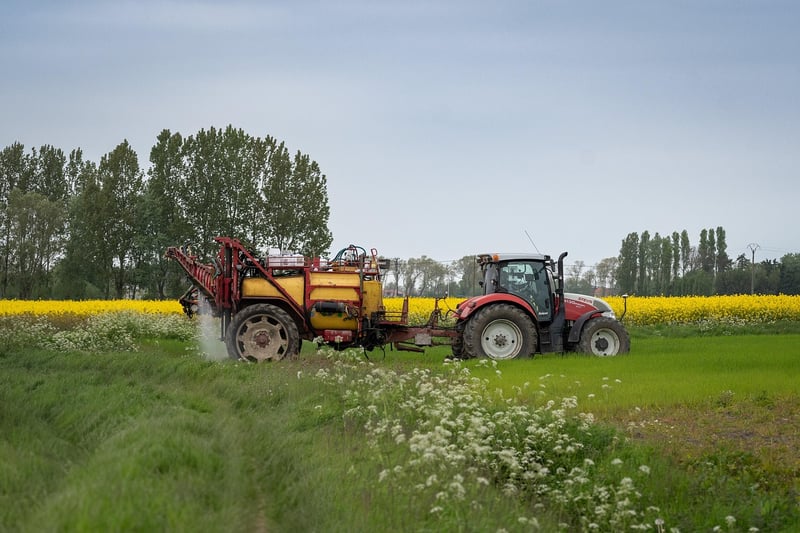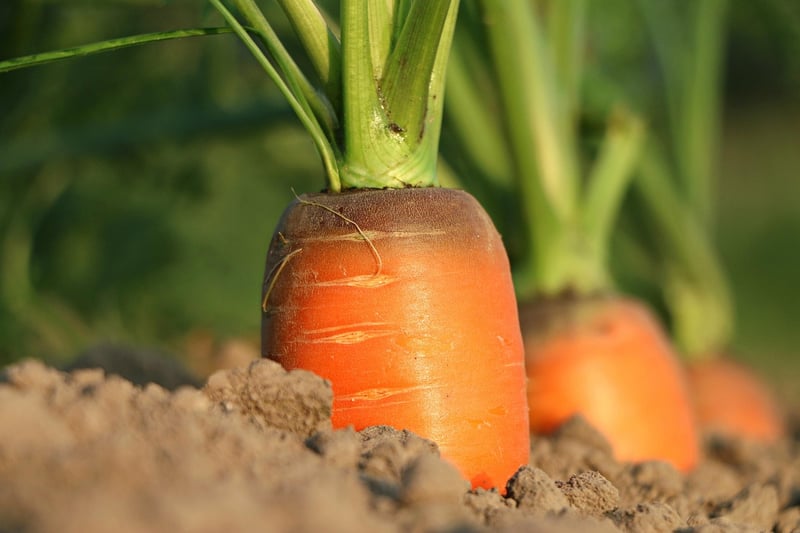Soil Health
Optimizing Plant Growth and Soil Health
Proper plant growth and soil health are essential for a thriving garden or farm. By optimizing these factors, you can ensure healthy plants, higher yields, and a more sustainable environment. Here are some tips to help you achieve optimal plant growth and soil health:
1. Choose the Right Plants
Start by selecting plants that are well-suited to your climate and soil type. Native plants often require less maintenance and are more resistant to local pests and diseases.
2. Maintain Proper Soil pH
Test your soil regularly and adjust the pH level as needed. Most plants prefer slightly acidic to neutral soil (pH 6.0-7.0). Adding lime to raise pH or sulfur to lower it can help optimize soil conditions.
3. Improve Soil Structure
Aerate compacted soil to improve drainage and root growth. Adding organic matter like compost or aged manure can also enhance soil structure, making it easier for plants to access nutrients.
4. Provide Adequate Water
Water plants deeply but infrequently to encourage deep root growth. Consider using drip irrigation or a soaker hose to deliver water directly to the roots and minimize evaporation.
5. Use Mulch
Apply a layer of mulch around plants to conserve moisture, suppress weeds, and regulate soil temperature. Organic mulches like straw, wood chips, or leaves can also decompose and improve soil fertility over time.
6. Rotate Crops
Rotate crops annually to prevent the buildup of pests and diseases in the soil. Different plant families have varying nutrient needs and growth patterns, so rotating crops can help maintain soil health.
7. Avoid Chemical Overuse
Limit the use of synthetic fertilizers and pesticides, as they can harm beneficial soil organisms and disrupt the natural balance of nutrients. Consider using organic alternatives or practicing integrated pest management.
8. Monitor Plant Health
Regularly inspect plants for signs of nutrient deficiencies, pest infestations, or diseases. Early detection can prevent problems from spreading and help you take timely corrective actions.

By following these tips and maintaining a holistic approach to plant growth and soil health, you can create a thriving garden or farm that benefits both your plants and the environment.
Remember, healthy soil leads to healthy plants, so invest time and effort in optimizing your soil for long-term success.
Happy gardening!
